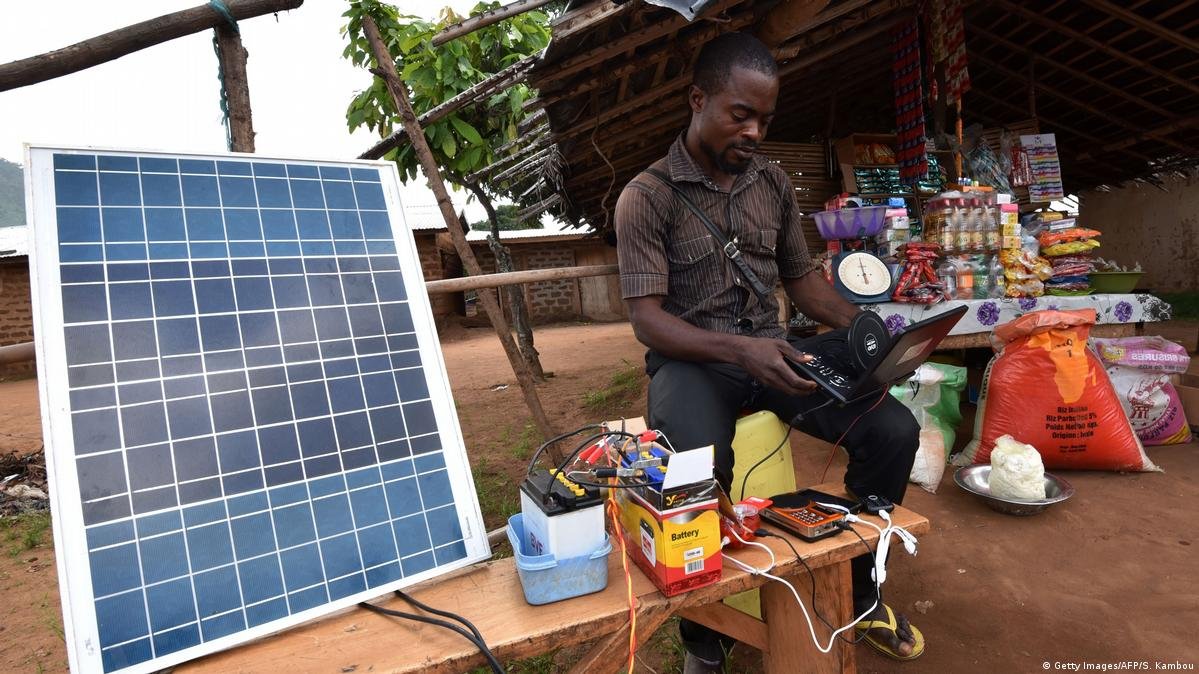Germany has increased its support for renewable energy initiatives, which is a significant step towards promoting sustainable development in Southern Africa.

Germany has increased its support for renewable energy initiatives, which is a significant step towards promoting sustainable development in Southern Africa. The main initiatives are a large loan to South Africa for the country’s switch to renewable energy and a sizable investment in a green hydrogen project in Namibia.
Germany’s state-owned development bank, KfW, has entered into an agreement to lend South Africa R9 billion (approximately $540 million) to bolster the country’s shift towards renewable energy sources.
This financial support is part of the broader Just Energy Transition Partnership, a collaborative effort that has amassed R160 billion (about $9.6 billion) since its initiation in 2021. This partnership underscores the global commitment to balancing economic development with the urgent imperative to address climate change.
The Just Energy Transition Partnership, of which Germany is a key participant, represents a crucial initiative to facilitate the transition to cleaner energy sources. With substantial funding dedicated to projects like South Africa’s renewable energy transition, the partnership is actively contributing to global efforts aimed at mitigating the impacts of climate change.
In addition to the loan to South Africa, Germany is committing €10 million (approximately $10.4 million) to a groundbreaking green hydrogen initiative in Namibia.
Spearheaded by BAM, this project is strategically located in the Walvis Bay area, marking a significant investment in clean energy technology. Despite potential political challenges associated with transformative ventures, Germany’s commitment underscores the nation’s dedication to advancing sustainable energy solutions.
These investments come at a pivotal time for the region, particularly as South Africa’s largest energy company, Sasol, undergoes leadership changes amid heightened pressure to meet climate commitments. The surge in support for renewable energy is gaining prominence, especially as solar power emerges as a viable solution to the persistent electricity supply issues faced by Eskom, South Africa’s primary electricity provider.
Against the backdrop of these developments, South Africa is grappling with an ongoing debate regarding its energy policy.
A prominent political figure Julius Malema has voiced strong support for coal reliance, highlighting the tensions between economic interests tied to traditional energy sources and the global push towards decarbonization.
Germany’s financial support for renewable energy projects in South Africa and Namibia signals a profound commitment to assisting these nations in their transition to a greener economy. The investments reflect a growing international recognition of the importance of supporting sustainable energy solutions to combat climate change while simultaneously fostering economic growth in developing regions.
Germany’s substantial contributions to Southern Africa’s renewable energy initiatives exemplify a collaborative and forward-thinking approach to addressing the urgent challenges of climate change. These investments not only support the transition to cleaner energy sources but also contribute to the economic development of the region, marking a significant step towards a more sustainable future.